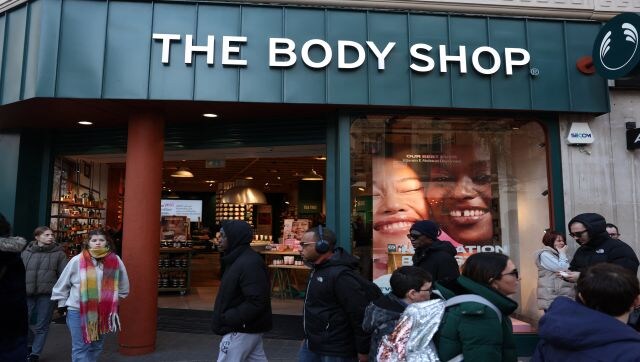
Pedestrians walk bas a branch of The Body Shop in central London. The Body Shop, the near 50-year-old cosmetics company renowned for its ethical hair and skin products, is near bankrupt in the UK after poor Christmas trade. AFP

Pedestrians walk bas a branch of The Body Shop in central London. The Body Shop, the near 50-year-old cosmetics company renowned for its ethical hair and skin products, is near bankrupt in the UK after poor Christmas trade. AFP
Lovers of Satsuma soaps, body butter buffs and white musk fanatics might want to sit down and mourn for this one. The Body Shop, an icon of the British high street, is near bankruptcy in the United Kingdom.
The nearly 50-year-old cosmetics company, which drew people in with its collection of scented body creams, hemp oils, fruity lip balms and much more, is lining up administration — a UK process whereby financial experts are drafted in to try and save parts of a business — with store closures and job losses likely.
We take a closer look at the dramatic rise and fall of this beloved beauty brand and what the future holds for the brand that made cruelty-free products a ‘cool’ proposition.
Birth of The Body Shop
In 1976, Dame Anita Roddick, who was a human rights activist and environmental campaigner involved with Greenpeace and The Big Issue, opened the first ever The Body Shop store in Brighton. It was in stark contrast to the existing beauty market, with products that were not only natural but also ethically sourced.
It’s USP at the time was to provide quality skincare products in refilled bottles, with the belief that the business could be a force for good. Moreover, it was fundamentally against animal testing, a standard practice among cosmetic companies at the time.
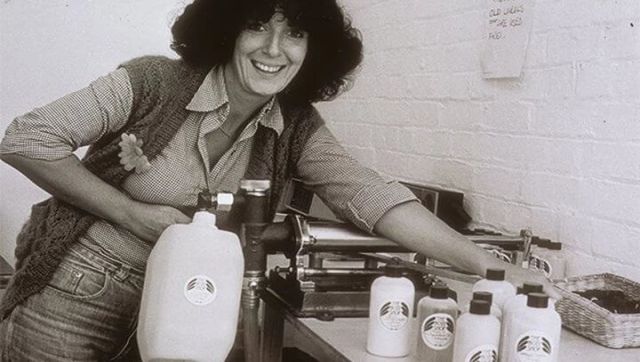
Her belief in building The Body Shop was that beauty was a person’s source of joy, comfort and self-esteem. Hence, her beauty products focused on daily ritual of self-love instead of the false promising of slimming and anti-ageing that the industry pedalled. She didn’t want to create products to make women look a certain way – but to help them be the best versions of themselves.
As The Forbes writes, “At a period when the terms ‘sustainability’ and ‘ethical sourcing’ were not the buzzwords they are today, The Body Shop educated consumers on the importance of knowing where and how products were made. This not only distinguished the brand in the marketplace but also set a standard which many companies strive to meet today.”
Just seven years later, the business had grown to 138 stores which operated on a franchising model.
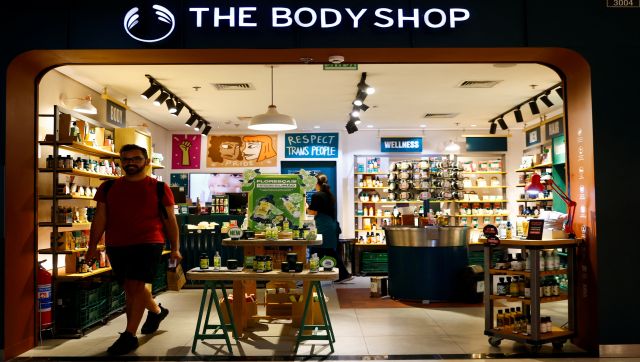
Business changing hands
And soon it expanded to across the globe, becoming an international brand with around 3,000 stores in all parts of the world. In fact, in 2004, it was also judged as the 28th top brand in the world.
In 2006, the company was sold to cosmetics giant L’Oréal for a whopping £652 million (Rs 6,853 crore), a move that sparked debate among critics. For many, the sale was seen as a betrayal to the brand’s core values, considering the stance of L’Oreal when it came to animal testing.
It was a year later that Roddick, 64, died owing to a brain haemorrhage. Ten years later, L’Oréal sold Body Shop to the Brazilian group Natura & Co for £880 million (Rs 9,250 crore). David Boynton, the retailer’s then chief executive, had then said that the brand had “run out of steam” under L’Oréal.
However, this ownership didn’t last long either and in November 2023, European private equity business Aurelius scooped it up for what the media said was a “bargain price”.
Things get ugly for The Body Shop
It then makes you wonder why The Body Shop is struggling and on the verge of bankruptcy. There are multiple reasons for this.
Firstly, the beauty market has become highly competitive and is growing at a pace that The Body Shop can’t keep up with. Moreover, there’s a seismic shift in consumer behaviour. A customer today is not informed but also demands that brands be committed to sustainability and ethical practices. Hence, with companies adopting practices that The Body Shop had championed and made ‘cool’ has become the new normal. This has diluted the brand’s USP and it is no longer a differentiator.

Catherine Shuttleworth, a retail analyst and the founder of the marketing agency GetSavvy, told The Telegraph: “What happened is that over time [as] the business got sold, it didn’t still have that founder’s mentality. It lost its way… and suffered from moving from owner to owner. It’s been death by a thousand cuts. A little bit of its heart has been taken out each time.”
Moreover, in the UK it has been suffering from flagging sales. As experts believe the brand hasn’t been able to move online as its competitors. Also, their stores are being outdone by their rivals. Jonathan De Mello, the founder and chief executive of JDM Retail, was quoted as telling The Telegraph: “They haven’t really invested in their stores. They’ve let competition come to the fore, such as Lush and [cosmetics firm] Rituals, which have expanded a lot and compete directly on price… They’ve stood still while the competition has gone past them. Most brands want stores [that offer] more of an experience when the customer walks in.”
This has led to the brand losing its worth in bath salts with its customers and not being able to draw in the new, hippy crowd.
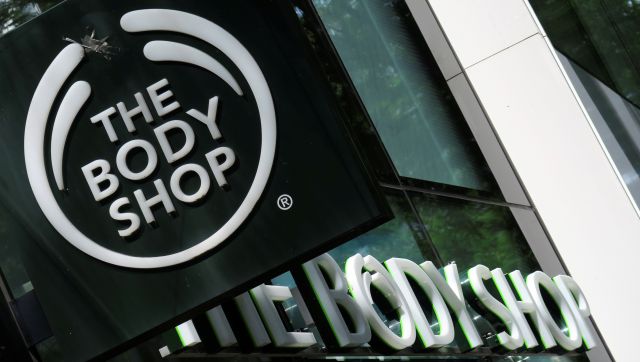
As Investment analyst Dan Coatsworth, explained to City AM, “Previously known for its ethical stance, that halo is no long shining so brightly for the business. This is partly because so many companies have been pushing their ethical values which has meant The Body Shop has been lost in the crowd.
“The brand feels dated and consumers have plenty of choice where they can buy cosmetics, skin care and perfume. It might still appeal to the older generations who remember the brand values, but younger people do not talk about The Body Shop as being a place they actively want to shop.”
An uncertain future awaits
Its disappointing sales has prompted the owners to appoint administrators, a move that could likely lead to job losses and store closures in the UK — although it’s not yet clear whether stores around the world would be affected.
However, Sky News, the first to report on the appointment of administrators, “this would not impact the brand’s global franchise partners.”
An insider was further quoted as saying that “The Body Shop would focus on more effectively reaching customers by strengthening digital platforms, developing new sales channels, and via differentiated retail experiences.”
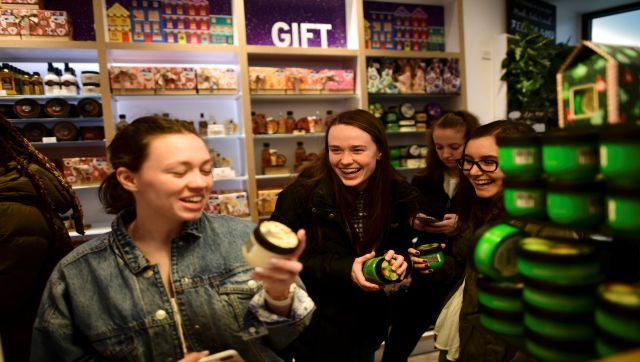
But for UK customers, the news has come as a blow with some even taking to X to mourn its demise. Bridgerton actor Adjoa Andoh wrote: “Heartbroken at the demise of The Body Shop, for its body butters, make up range, ethical value system, solidarity with communities across the world who grow the ingredients. I have been shopping continuously at The Body Shop since the 1970s. I am bereft.”
British columnist Zoe Williams also wrote in The Guardian on Monday that she would mourn The Body Shop, which she describes as “a gateway to politics for animal-obsessed teenagers like me.”
With inputs from agencies
Join our Whatsapp channel to get the latest global news updates